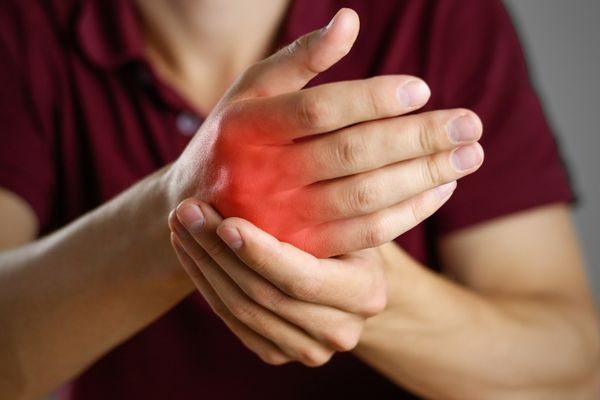Can cracking your knuckles or neck lead to arthritis? Many people worry about their joint health.
Current research shows no direct link between these habits and arthritis, specifically osteoarthritis. This finding helps correct common misconceptions and reassures those who crack their joints regularly.
Knuckle Cracking and Arthritis
Numerous studies have debunked the concern that knuckle cracking leads to hand osteoarthritis. Osteoarthritis is the most common form of arthritis, caused by cartilage wear and tear. Some people associate the audible pop with joint damage or increased risk. However, research has found no link. The sound likely results from a gas bubble forming rapidly within the joint’s fluid. This fluid naturally lubricates and facilitates smooth movement.
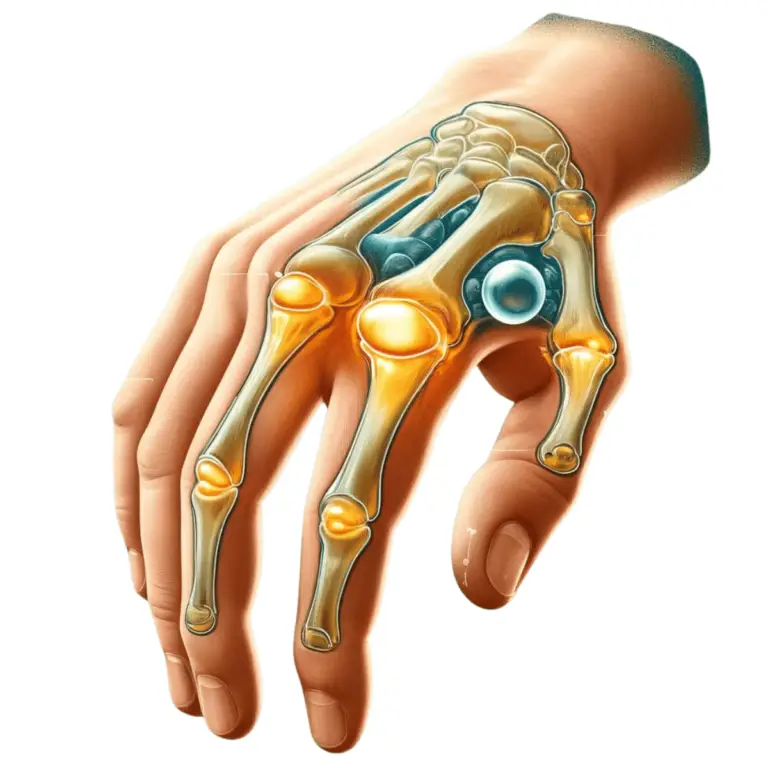
Perception Among Professionals
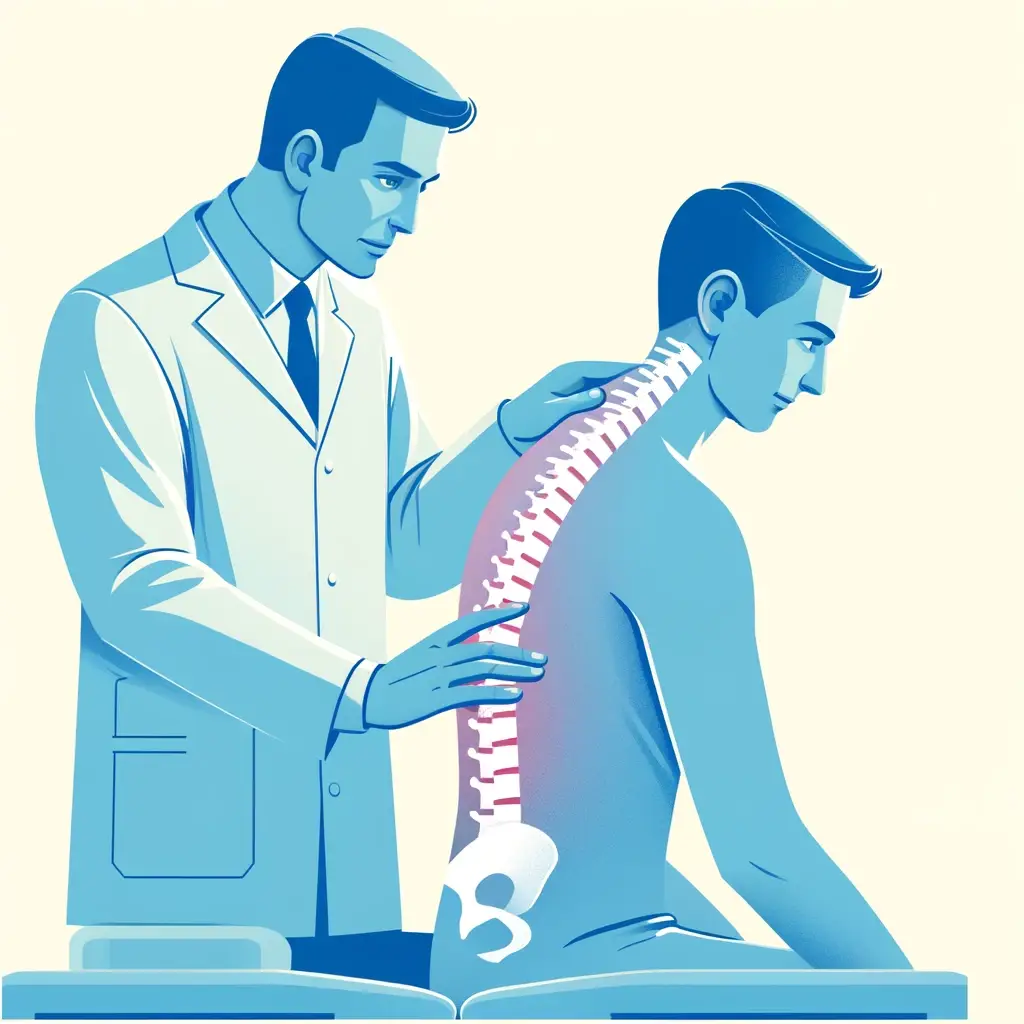
Chiropractors and other healthcare professionals might express concern over self-cracking. This is not because it causes arthritis but due to potential improper technique or excessive force. Their caution stems from understanding the intricate balance within the musculoskeletal system, not from evidence of arthritis risk.
Neck Cracking
Similarly, cracking one’s neck often faces scrutiny. The neck, or cervical spine, houses vital nerves and blood vessels. No research links neck cracking to arthritis. However, improper neck cracking can risk injury. Health professionals advise against forceful self-manipulation of the neck. This caution aims to prevent harm to surrounding structures, including nerves and vertebral arteries.

Why Do People Crack Their Joints?
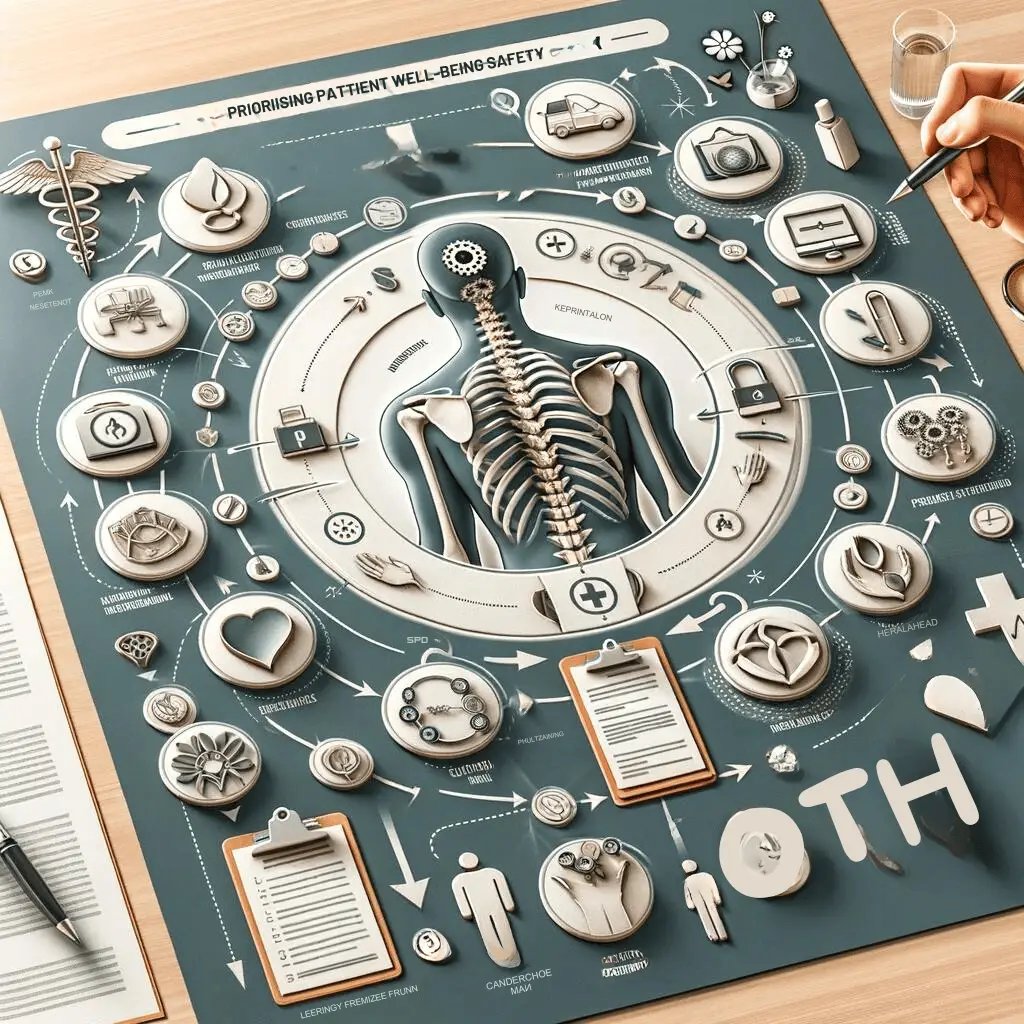
People crack their knuckles, neck, or back for temporary relief. This act releases endorphins, natural pain-relieving chemicals in the brain. Others feel a sense of physical release or increased mobility after cracking. However, a habitual need to crack may indicate underlying issues like tension, immobility, or spine instability.
Role of Chiropractic Care
People often seek chiropractic care for spinal health and well-being. Practitioners diagnose and treat neuromuscular disorders. They use manual adjustments and spine manipulation. Chiropractic treatment can reduce the need to self-manipulate as spinal health improves. Chiropractors also provide exercises and lifestyle advice to support spinal health and reduce the urge to crack.
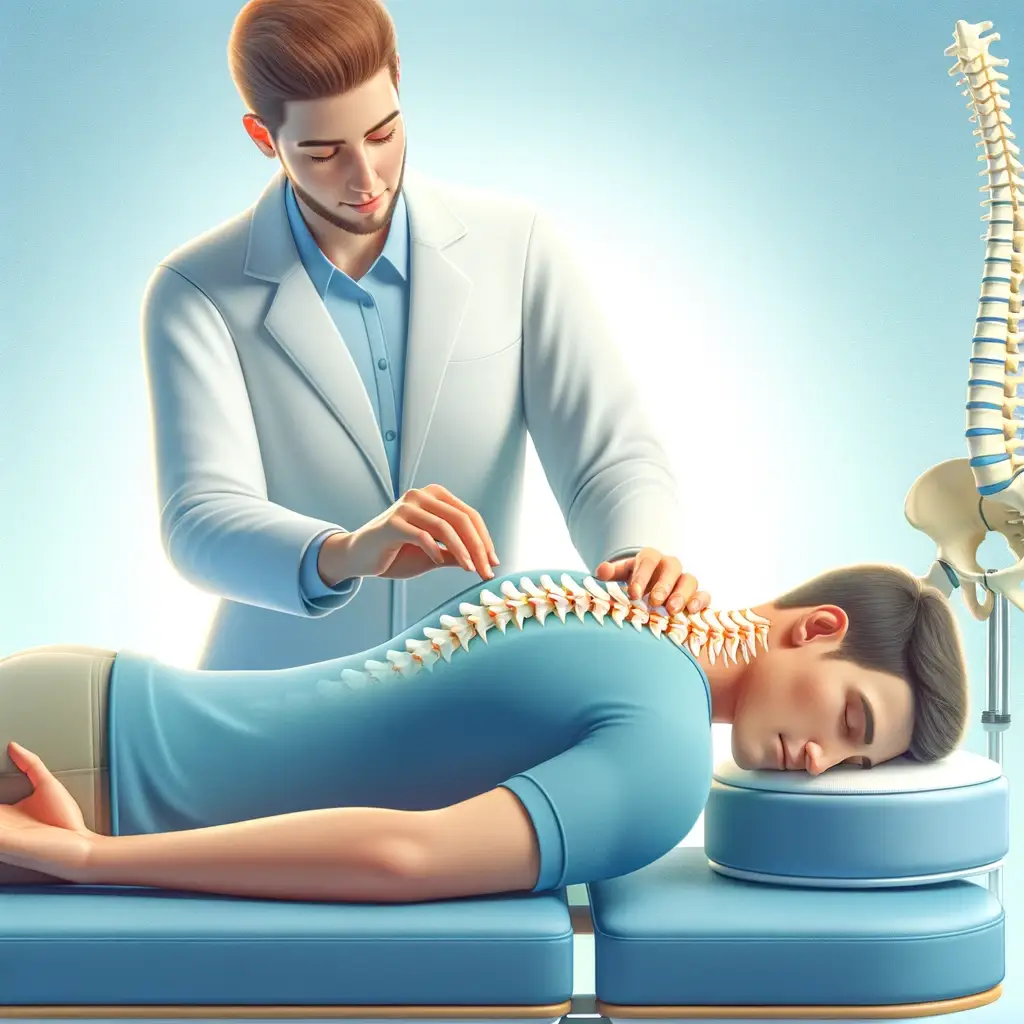
Conclusion
Cracking knuckles and necks does not cause arthritis, but approach it cautiously. Excessive or improper manipulation can cause complications. Consult a healthcare professional if you feel discomfort or frequently need to crack your joints. Focus on maintaining healthy joints and spinal health through proper care and professional guidance. Don’t fear developing arthritis from cracking joints.

